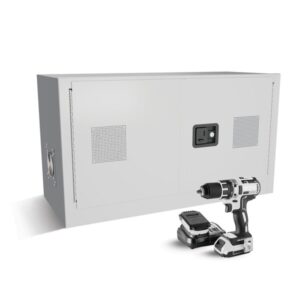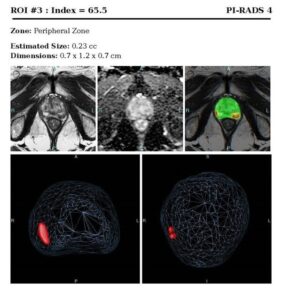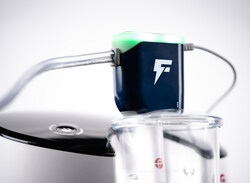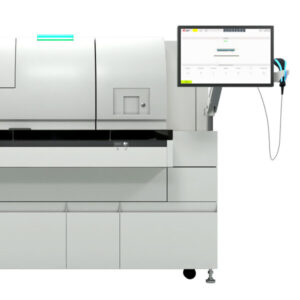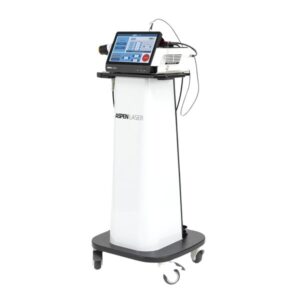PepGen Announces Clearance of CTA by UK Medicines & Healthcare Products Regulatory Agency to Begin CONNECT2-EDO51, a Phase 2 Clinical Trial designed to support potential accelerated approval of PGN-EDO51 for the Treatment of Duchenne Muscular Dystrophy

Illustration depicting the initiation of the CONNECT2-EDO51 Phase 2 clinical trial for evaluating PGN-EDO51 in patients with Duchenne muscular dystrophy (DMD) amenable to exon 51-skipping.
PepGen Inc. (Nasdaq: PEPG), a clinical-stage biotechnology company advancing the next generation of oligonucleotide therapies with the goal of transforming the treatment of severe neuromuscular and neurological diseases, today announced that the UK Medicines & Healthcare products Regulatory Agency (MHRA) has authorized its Clinical Trial Application (CTA) to initiate the CONNECT2-EDO51 Phase 2 clinical trial of PGN-EDO51 in patients with Duchenne muscular dystrophy (DMD) amenable to an exon 51-skipping approach.
“We are excited to take the next step forward in our development of PGN-EDO51, which we believe to be a potentially transformative investigational candidate for people living with DMD and are pleased the MHRA authorized our CTA. We believe this study, together with the data generated in our ongoing CONNECT1-EDO51 trial, could potentially support accelerated approval of EDO51, subject to alignment with regulators,” said James McArthur, Ph.D., President and CEO of PepGen. “We are grateful to continue our work with the DMD community to develop this therapy.”
The CONNECT2-EDO51 Phase 2 clinical trial is a multinational, randomized, double-blind, placebo-controlled, multiple ascending dose (MAD) study, that will enroll approximately 20 ambulatory and non-ambulatory boys and young men living with DMD amenable to exon 51-skipping, who are at least six years of age. Participants will receive seven doses of either PGN-EDO51 or placebo at approximately four-week intervals for 24 weeks. Per the protocol, the starting dose will escalate from 5 mg/kg to 10 mg/kg, and potentially higher; the same dose levels are being evaluated in the ongoing CONNECT1-EDO51 trial. Further dose escalation will be determined based on evaluation of safety data from prior dose cohort(s). Participants will provide a muscle biopsy at baseline and then at week 25. The trial will assess exon skipping, dystrophin production, and safety and tolerability. All participants will have the opportunity to participate in an open-label extension.

